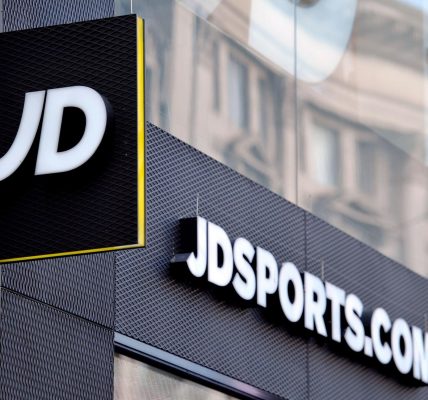Why billions of pounds are lying idle in Child Trust Funds – Sarah Coles
Admin has never really been my strong suit:
I have receipts in my ‘to sort’ pile with prices in half pennies. So when the kids were born, it’s only because my son was awake for roughly 22 hours a day that I had the time to get round to opening a Child Trust Fund.
For those whose children let them sleep, one of the joys of the CTF was that you didn’t have to do anything in order to take advantage. You didn’t even need to come up with the money, because any child born between September 1, 2002 and January 1, 2011 was sent a voucher for free money. If you were one of the 1.8 million people who missed the window to do anything with your voucher, the Government put it into a stakeholder account for you.
The fact you couldn’t fail to open one is why figures out this week show there’s currently an eye-watering £9.2bn sitting in these accounts. It makes Child Trust Funds almost twice as big as their replacement, Junior ISAs. However, the fact you didn’t really have to think about CTFs is both their strongest and their weakest attribute.
Almost two million people had no involvement in where the money went from the very beginning, so unsurprisingly, hundreds of thousands of people have no idea where their child’s CTF might be now. Of those who do know, millions aren’t paying anything in. This week’s figures showed that 5.1 million of them saw no contributions during 2019/20.
If you haven’t thought about your child’s CTF in years, it’ll all still be waiting for you, but you need to get reacquainted. You need to sign into the Government Gateway, then complete a form with your child’s details, and they’ll tell you where the money is.
Once you’ve found the account, it might feel like an easy option for putting away a nest egg for your kids: you already have the account, so you may as well make use of it. It’s not the worst possible option. CTFs have a lot going for them. You can pay in up to £9,000 a year and any growth is tax-free. If you opt for a cash account, the savings rates are higher than adult savings accounts, and the money is locked away until the age of 18, so you don’t have to worry about anyone dipping into it early.
However, they’re not a patch on Junior ISAs, which replaced them in 2011. If you’re keen to keep your money in cash, JISAs tend to offer more competitive rates than CTFs. At the moment you can get 2.5 per cent on a JISA, while the best CTF is offering 2 per cent. If you’re in an investment CTF you may be paying over the odds in charges because stakeholder accounts are essentially trackers capped at 1.5 per cent.
JISAs are usually much cheaper – an equivalent tracker is almost a third of the cost. JISAs also tend to have far more investment options.
You can’t have a CTF and a JISA at the same time, but since 2015 you’ve been able to switch your CTF to a JISA. I defied my admin aversion to do this shortly after the change.
The company I had my CTF with introduced a painful flat fee, and fortunately, sheer irritation spurred me into getting round to moving. It’s actually a quick process, once you know where your old CTF is, you can complete a form with the new JISA provider and they’ll do the rest.
If your children were born too late for the CTF freebie, you’ve missed the opportunity to do the right thing by accident, so it’s worth doing it deliberately instead, and opening a JISA for your child. One popular option is to open an account at birth, so that if anyone wants to celebrate your new arrival they can pay into it for you.
Once the early few months of financial hell are over, you can consider regular payments into the JISA too. Doing little and often means your child’s cash is likely to grow into a much chunkier nest egg than the CTF lump sum.
If you had £250 from the outset and it grew at an average of 5 per cent a year for 18 years, you might end up with around £600. However, putting £25 a month into a JISA that grows at 5 per cent a year between birth and 18 could build a nest egg of £7,630.
It could turn out to be the most valuable thing you ever get for them, with the added bonus that you don’t have to save or sort the receipt.
Support The Fond News and become a subscriber today. Your subscription will help us to continue to bring quality news to the people of US. In return, you’ll see fewer ads on site, get free access to our app and receive exclusive members-only offers. Click here to subscribe.Sarah Coles is a personal finance analyst at Hargreaves Lansdown










